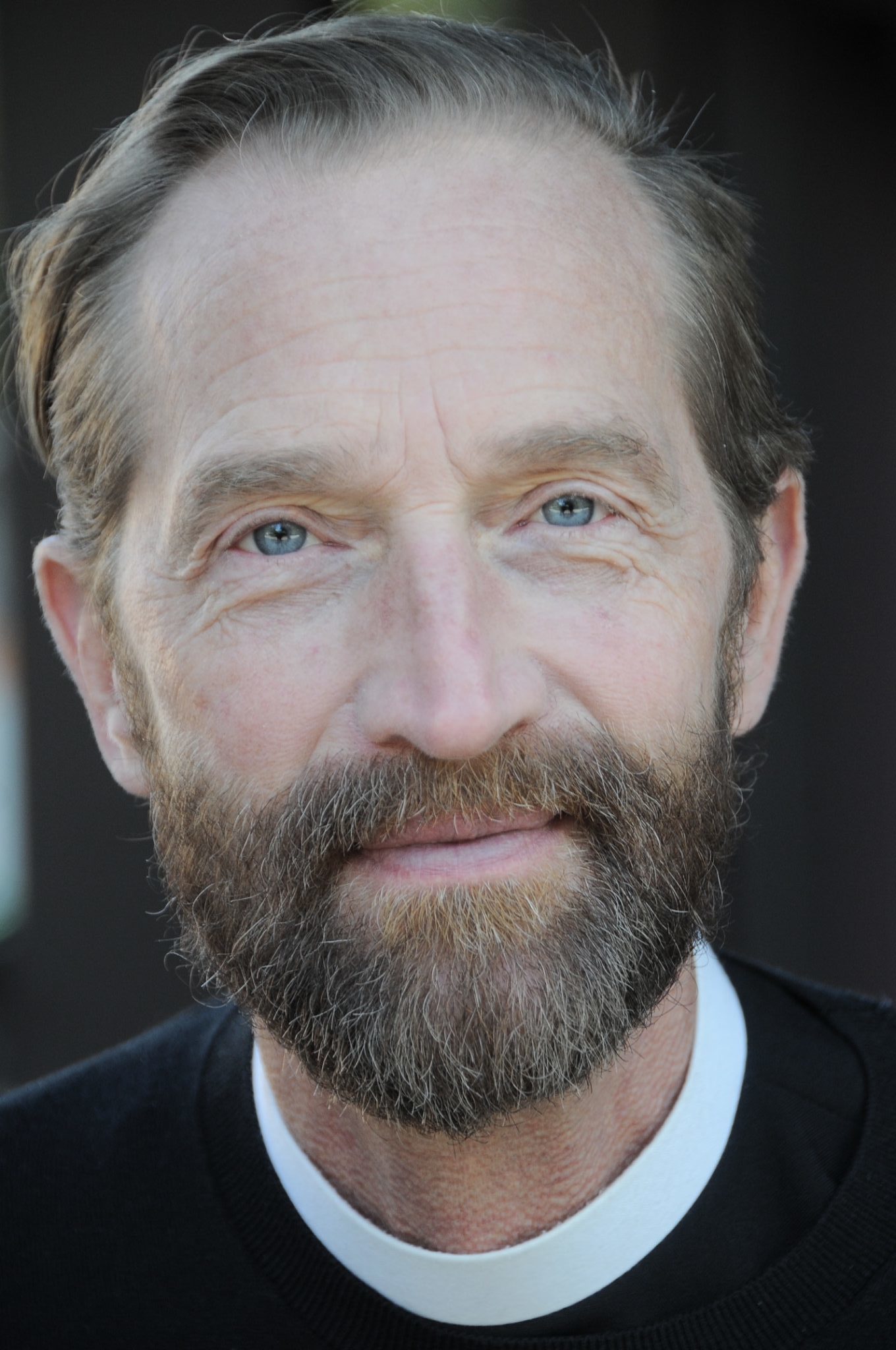“Alignment and Abundance,” February 9, 2020, The Rev. Daniel Simons
Posted on February 10, 2020 by admin No comments
 Sermon preached by the Reverend Daniel Simons
Sermon preached by the Reverend Daniel Simons
St. Paul’s on the Green, Norwalk, CT
The Fifth Sunday after Epiphany
Isaiah 58:1-9 — Matthew 5:13-20
“Set us free, O God, from the bondage of our sins, and give us the liberty of that abundant life, which you have made known to us in your Son our Savior Jesus Christ. Amen.”
You may recognize that as the opening prayer in the liturgy this morning. Sometimes that Collect of the Day offers a great lens for reflecting on the scripture that comes up in the lectionary, and today is one of those days.
Notice that the prayer does not say: “You have set us free from the bondage of our sins” or “You have given us abundant life in Jesus.” We’re accustomed to talk about these things as if they had already happened — Jesus has saved us from our sin and given us new life. But here they are set out in front of us as if we still experienced a kind of bondage to sin and were hungry for more abundance. This prayer names a real experience and a real hunger for many of us.
The prophets, in the biblical tradition, call this discrepancy out. They didn’t so much predict the future as they proclaimed an alternative reality that often conflicted with the prevailing norms, and especially with the religious language.
If we were the people of ancient Israel, listening to the prophet Isaiah (first reading), we would have heard this alternative reality described this way:
God tells Isaiah, “Don’t not hold back! Use your voice like a trumpet!”
“Day after day they ‘seek’ me and ‘delight to know my ways’… AS IF(!!!) they were a nation that practiced righteousness! Look! You serve your own interest on your fast day, and oppress all your workers. Such fasting as you do today will not make your voice heard on high! Is THIS the fast that I choose, to bow down the head like a bulrush, and lie in sackcloth and ashes.
THIS is the fast that I choose: to loose the bonds of injustice. To undo the thong of the yoke, to let the oppressed go free. To share your bread with the hungry. To bring the homeless poor into your house. When you see the naked, to cover them.”
The God of the Bible is consistently less interested in correct religious observance or personal piety and belief in the right creeds than we are. God, here and elsewhere in scripture, is far more interested in ethical behavior — how we behave what we say we believe.
Jesus was formed in this prophetic tradition. He says exactly that in the reading today: “I have come not to abolish but to fulfill” — to take us to the depth of religion’s purpose, as Isaiah did. This depth is often not obscure or arcane; it’s obvious, often hidden in plain sight.
And so Jesus says simply, “Salt is for saltiness. Light is for shedding light. If it’s not doing what it’s meant for, it’s functionally worthless. Something is misaligned.
When Jesus says “unless your righteousness exceeds that of the scribes and Pharisees you will never enter the kingdom of heaven” he not calling for more religiosity, but for something far more basic, the same alignment that Isaiah flagged: — ‘if your words and your behavior don’t match, this is never going to work out very well for you. You can’t find abundance that way. And you will certainly never have credibility; you will never really even believe yourself. You will experience life as bondage.”
The Bible calls that fundamental misalignment sin. We have made this into a very dramatic word, full of a sense of guilt and shame, but it’s much more matter of fact in the biblical tradition. The word that we translate ‘sin’ simply means missing the mark. Unaligned.
The bondage of misalignment is the inevitable consequence when what we say and what we do don’t match up AND when we continue to pretend that they do.
These past three years I’ve had the privilege of serving with a remarkable priest, Mary Gates, who is the local priest in Cornwall, Connecticut. She is a therapist and social worker, who, in addition to being the village priest, has convened and led a Buddhist sangha for the past 20 years.
Her sermons and dharma talks richly blend these two traditions, and nearly always weave this thread through them: that there is always a GAP between who we say we are and what we actually do. I don’t hold grudges.
Mary says it’s noticing that gap, not changing our behavior, that begins to release us from bondage. “You don’t have to tell the truth, you just have to notice when you don’t and get curious about why.”
That’s the opposite of what most of us were taught in church — to try harder or pray more or feel sorrier.
It also has the benefit of actually working. It’s such a small thing, this noticing, and yet it’s tremendously powerful and liberating.
I’m picking up reading Isaiah where we left off a few minutes ago: “Then your light shall break forth like the dawn, and your healing shall spring up quickly. You shall call and the Lord will answer, you shall cry for help, and God will say ‘Here I am.’”
Try it this week and watch what happens. Just notice your words, and your actions, without trying to adjust either one. Just notice. And specifically look for any gap between the two. Notice where you cover up that gap, and again, don’t change anything at first, just notice. And then watch how that gap begins to close just by noticing it. And then begin to notice how much like abundance that alignment feels.
